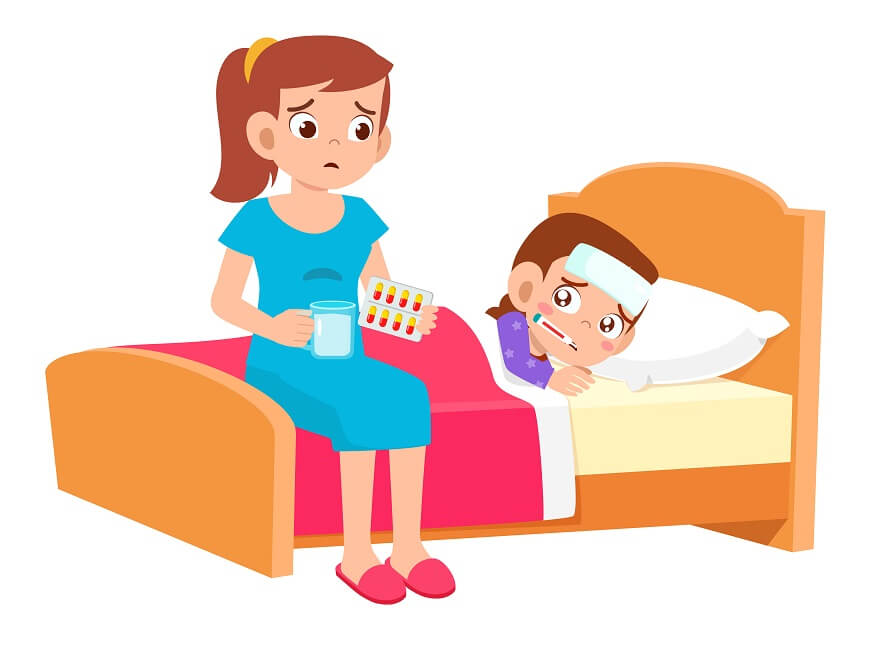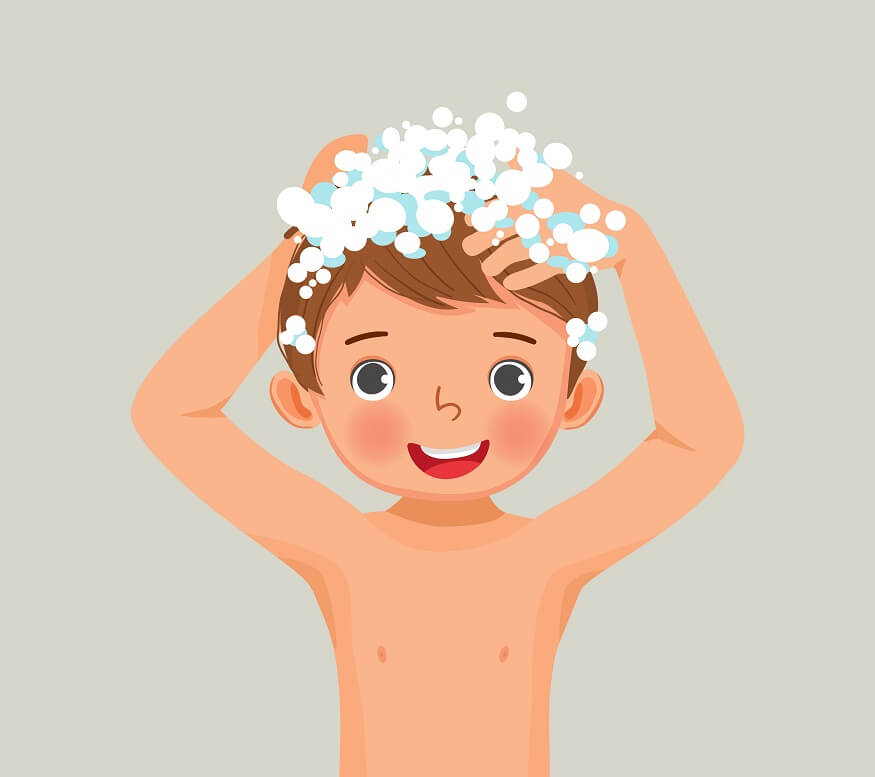Taking medicine is often a challenge for kids. It can be a real test of patience for parents, especially when children refuse due to the medicine’s taste, their fear of swallowing tablets, or simply their anxiety about the whole process. Fortunately, there are various ways to encourage kids to take their medicine without causing too much fuss. Here are some practical strategies.
Also Read: How to talk to kids about sensitive topics – Tips and examples
Create a Positive Environment
The first step is setting a positive atmosphere. Children tend to resist medicine if they sense stress or tension. Talk to them calmly about why they need to take the medicine and the benefits it offers. Make sure to explain in simple terms, according to their age and understanding. Ensure the environment is calm and supportive, without distractions like television or loud noises.
Set a Routine
Regularising medicine time can make it less daunting. If possible, try to align medicine intake with their daily routines – perhaps after their favourite TV show, before bedtime, or after meals. This consistency will help them expect and accept the process more readily.
For example: Your seven-year-old daughter needs to take a course of antibiotics. You decide to give her the medicine every day after she finishes her breakfast and before she brushes her teeth. This becomes part of her morning routine, and she gets used to the idea of taking her medicine at this time.
Involve them in the Process
If age-appropriate, involve children in the process of taking their medicine. They could hold the spoon, pour the liquid into a cup, or take the pill from the blister pack themselves. This engagement will make them feel more in control, reducing fear and resistance.
For example: Your son needs to take an antihistamine tablet for his hay fever. He is a bit apprehensive about swallowing a tablet, so you help him feel more in control. You let him take the tablet out of the blister pack, hand him a glass of water, and patiently guide him through the process.
Mask the Taste
One of the primary reasons children refuse medicine is its taste. Thankfully, many pharmacies offer to add flavouring to liquid medicines to make them more palatable. If this is not an option, you can mask the taste by mixing the medicine with a small amount of their favourite juice, yoghurt, or applesauce. However, always check with your pharmacist or doctor first, as some medicines shouldn’t be mixed with certain foods.
Use Appropriate Tools
For children who struggle with tablets or capsules, consider asking your doctor if the medicine is available in other forms like syrup, chewable tablets, or dissolvable forms. If not, a pill crusher can be used to crush the tablet and mix it with food or drink (again, always check if this is suitable). Use medicine syringes for liquid medicines; these allow for accurate dosages and make swallowing easier for kids.
For example: Your six-year-old daughter has to take a liquid antibiotic, but she’s wary of the big spoon you use to administer it. Instead, you purchase a medicine syringe from the pharmacy, which allows you to measure the correct dose and makes it easier for your daughter to swallow.
Also Read: Building Resilience and Coping Skills in Students
Use Positive Reinforcement
Praise your child after they take their medicine. A simple “well done” or “you’re so brave” can do wonders for their willingness to cooperate in the future. Some parents find a small reward system beneficial, like earning stickers for a sticker chart with a small treat when they reach a certain amount.
For example: Let’s say it’s time for your five-year-old son to take his cough syrup. You make sure the room is quiet, the television is off, and you sit next to him on the couch. You explain to him in simple terms that the medicine is like a superhero, it will fight the nasty bugs that are causing his cough, and help him feel better soon.
Set an Example
Children learn from observing adults. Let your child see you taking your medicine (like vitamins) regularly and without fuss. Explain why you take it and how it helps you, reinforcing the concept that medicines are beneficial.
Seek Medical Advice
If your child consistently resists taking medicine, consult your doctor or pharmacist. They might suggest alternative methods or provide other forms of the medication that could be easier for your child to consume.
Educate Through Storytelling
Another strategy that can work wonders is to utilise the power of storytelling. Children love stories, and a well-crafted narrative about the importance of taking medicine can be quite impactful. You can create a story about a superhero who regains his or her powers by taking medicine when sick. There are also many children’s books available that address the topic. These stories can help children understand the necessity of medicine and may make them more willing to take their own medicine.
For example: Your child is hesitant about her new asthma medication. You read her a story about a character who also has asthma and becomes strong and energetic once she starts using her inhaler. This encourages your child to use her own inhaler.
Make it Fun
Turning the medicine-taking process into a game can be another effective strategy. This could be as simple as counting to three before taking the medicine and cheering when it’s done, or even creating a ‘magic potion’ narrative for younger children, where the medicine will give them special powers. You could also have a ‘medicine teddy’ who ‘takes’ its medicine alongside your child. These little games and narratives can make the process more fun and less intimidating, making children more willing to take their medicine.
Each child is different. What works for one might not work for another. It may take a bit of trial and error to figure out what method is most effective for your child. The goal is to make medicine intake as stress-free as possible, both for you and your child. With patience, understanding, and a bit of creativity, you can help your child overcome their fear of medicine.
Also Read: Respiratory Rate in Children by ages: What is normal, How to stabilise Respiratory Rate
The information provided on this website is not a substitute for professional medical advice. EuroSchool encourages you to consult with a qualified healthcare professional for any health concerns you may have. The information on this website is not intended to diagnose, treat, cure, or prevent any disease.
EuroSchool works with families to support the behaviour of students. Working with families helps to ensure that students are getting the support they need from all sides.










